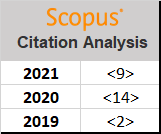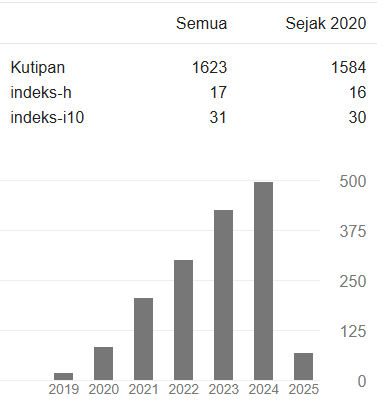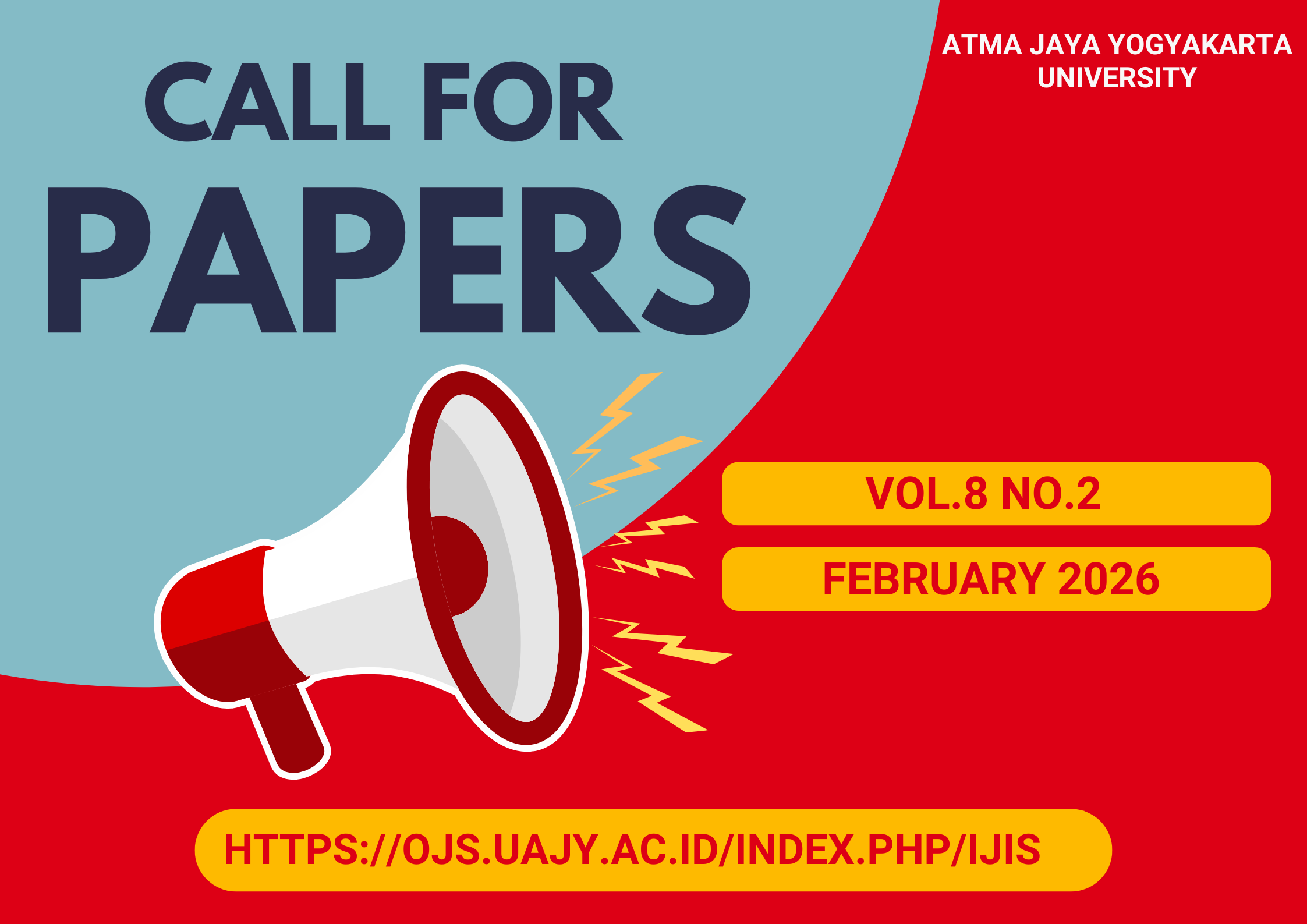The Identification of Covid-19 Fake News Factors on Social Media in Indonesia
DOI:
https://doi.org/10.24002/ijis.v6i1.6613Abstract
Social media is a protocol for people’s interaction and disseminating new ideas. The spread of fake information can occur on social media because there is no control and verification from the legal account. During the COVID-19 corona virus outbreak, the government issued a self-isolation policy. However, people use social media to find information about COVID-19 and spread news about COVID-19 greedily, especially in Indonesia. Therefore, this study explores the factors influencing the spread of fake news related to COVID-19. The sampling used in this study was non-random/non-probability sampling with the Convenience Sampling technique, including two hundred and twenty-two respondences from several regions in Indonesia. These phenomenons are studied using the Uses and Gratification framework by eliminating entertainment variables, adding altruism motivation, and adding moderating variables for demographic factors of individual psychological well-being, including age, education, income, and gender. Data were analyzed using Smart Partial Least Squares (PLS) to determine the effect of five variables. The analysis results show that all the variables, e.g., altruism, socialization, time elapsed, information sharing, and information seeking, as well as moderating variables and demographic factors of individual psychological well-being have no positive and significant effect on the spread of fake COVID-19—news on social media in Indonesia.
Downloads
Published
How to Cite
Issue
Section
License

This work is licensed under a Creative Commons Attribution-ShareAlike 4.0 International License.
Indonesian Journal of Information Systems as journal publisher holds copyright of papers published in this journal. Authors transfer the copyright of their journal by filling Copyright Transfer Form and send it to Indonesian Journal of Information Systems.

Indonesian Journal of Information Systems is licensed under a Creative Commons Attribution-NonCommercial 4.0 International License.

















